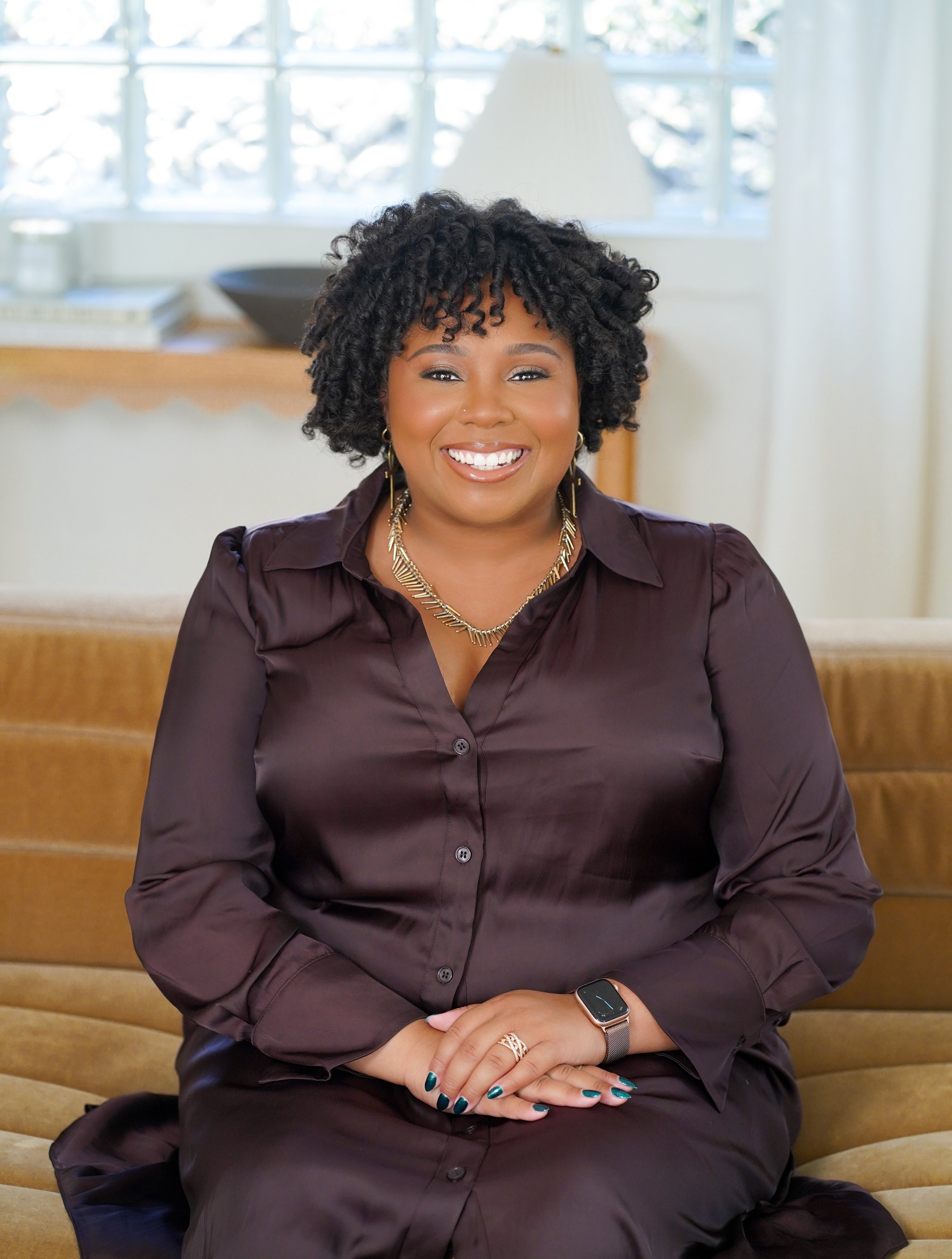Nurturing connection: 5 ways relational therapy can save your marriage.
Relational therapy (RT), also known as relational-cultural therapy (RCT), is a form of culturally sensitive psychotherapy that focuses on improving the quality of one’s relationship with themselves and others. In this blog post, we’ll look at 5 benefits of relational therapy for your romantic relationship.
Understanding relational therapy
Relational therapy (RT) is grounded in the belief that our relationships significantly impact our mental and emotional well-being. Therefore, if we’re in contentious relationships with ourselves or others it is almost impossible to be genuinely happy.
RT helps us be in authentic community by calling attention to the power imbalances and struggles of our relationships. The goal is fostering authenticity, mutual empathy, and mutual empowerment.
With this in mind, relational therapists aim to facilitate empathy for self and others, deconstruct negative relational images, and foster growth producing relationships.
Engaging in authentic communication
Effective communication is vital for healthy relationships. Relational therapy focuses on
improving authentic communication by helping individuals express themselves clearly;
and empathically listen to others. Through serving as a proxy for empathic
communication, the therapist filters interactions between partners through themselves.
This helps partners listen to the underlying why behind the what.
Creating a safe to be brave
In relational therapy, the therapeutic relationship is the main tool in change interactions. The therapist acts as a witness, providing guidance and support to help individuals express their thoughts, emotions, and concerns freely. This creates an atmosphere of trust and enables each person to feel heard and be validated.
Deepening emotional intimacy
Relational therapy recognizes the need for people to grow together; while appreciating how challenging being vulnerable really is. It explores the emotional dynamics within the relationship and encourages individuals to deepen their understanding of their own emotions and those of their partner. By creating a safe space for vulnerability, relational therapy helps individuals develop empathy, compassion, and emotional attunement… all of which foster a deeper connection.
Addressing relationship challenges and conflict
Conflict is a natural part of any relationship. Relational therapy provides a structured approach to address relationship challenges and conflict constructively. It helps individuals identify patterns of interaction, understand underlying triggers, and explore healthier ways of resolving conflicts. Through the guidance of the therapist, couples develop strategies to manage disagreements and find common ground.
Strengthening relationships and preventing relapse
Relational therapy not only addresses current relationship issues but also focuses on long-term relationship health. By enhancing communication, fostering emotional intimacy, and equipping individuals with effective conflict resolution skills, relational therapy helps strengthen relationships and create a foundation for future growth. It also provides tools to prevent relapse into previous patterns of dysfunction, promoting sustained relationship well-being.
Long story short
Relational therapy offers a transformative approach to nurturing healthier connections and enhancing emotional well-being. By emphasizing effective communication, emotional intimacy, and conflict resolution skills, relational therapy empowers couples to build stronger, more fulfilling relationships. Whether you are experiencing relationship difficulties or seeking to enrich an already thriving relationship, relational therapy can be a valuable tool in creating and maintaining meaningful connections.
Want to connect with a therapist who can help you build growth-fostering relationships? Book your free consultation today.
dr.kay is the Founder and Clinical Director of the Center for Partnership and Peace— a Houston, Texas based consortium of relational experts. CPP offers therapy and coaching for individuals, couples, families, and corporate communities.


